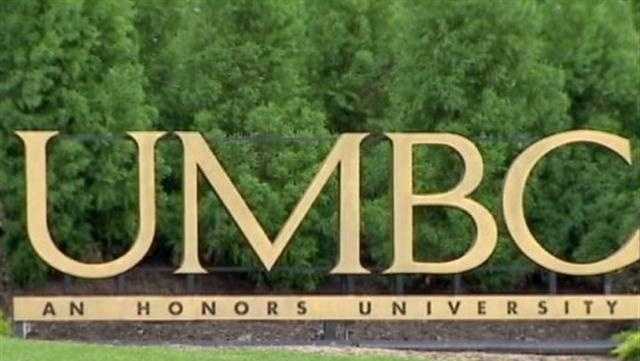The University of Maryland at Baltimore County UMBC has reached a significant settlement agreement in a case involving sexual abuse and discrimination by a former swim coach, Chad Cradock. The Department of Justice DOJ announced the settlement, highlighting the failure of the university to adequately respond to reports of misconduct. This article delves into the details of the case, examines the implications of the settlement, and underscores the importance of institutional accountability in addressing instances of abuse and discrimination.
Understanding the Case: Chad Cradock, the former head coach of UMBC’s swimming and diving teams, was accused of sexually harassing male student-athletes and discriminating against female student-athletes. The DOJ’s investigation revealed disturbing allegations, including reports of unwanted sexual touching, harassment, and the potential use of a camera to film students while they showered in a UMBC locker room. Despite multiple reports of misconduct, the university failed to take decisive action to investigate and address the situation, allowing the abuse to persist unchecked for years.
The DOJ’s Findings and Response: In response to the initial investigation initiated by the DOJ in 2020, it was discovered that UMBC had violated its obligations under Title IX by failing to respond appropriately to reports of sexual assault and discrimination. The university’s failure to investigate reports of misconduct and its obstruction of criminal investigations were particularly concerning. The DOJ’s findings underscored the urgent need for accountability and reform within the institution to ensure the safety and well-being of its students.
The Settlement Agreement: UMBC has agreed to a settlement amount of up to $4.14 million to provide financial relief to students who were subjected to abuse by Cradock. Additionally, the university has committed to implementing significant reforms to its Title IX program and policies related to sexual assault and discrimination. These reforms include improving the process for responding to sex discrimination complaints, providing resources and staffing for Title IX initiatives, and enhancing support services for survivors of sexual assault.
Implications and Lessons Learned: The settlement agreement reached between UMBC and the DOJ carries significant implications for institutions of higher education across the country. It serves as a stark reminder of the importance of taking reports of abuse and discrimination seriously and implementing robust mechanisms for addressing such misconduct. The case underscores the need for proactive measures to prevent and respond to instances of sexual harassment and discrimination on college campuses.
Ensuring Accountability and Preventing Future Harm: Moving forward, UMBC must remain vigilant in upholding its commitment to the safety and well-being of its students. The implementation of the reforms outlined in the settlement agreement is essential to fostering a campus environment free from harassment and discrimination. Additionally, ongoing monitoring and oversight by the DOJ will help hold the university accountable for its obligations and ensure that meaningful progress is achieved in addressing systemic issues.
The settlement agreement reached between UMBC and the DOJ marks a critical step towards achieving justice for the survivors of abuse and discrimination perpetrated by a former swim coach. It sends a powerful message about the importance of institutional accountability and the imperative to prioritize the safety and well-being of students. As UMBC embarks on a path of reform and healing, it must remain steadfast in its commitment to fostering a campus culture that values respect, integrity, and inclusivity for all members of its community.
